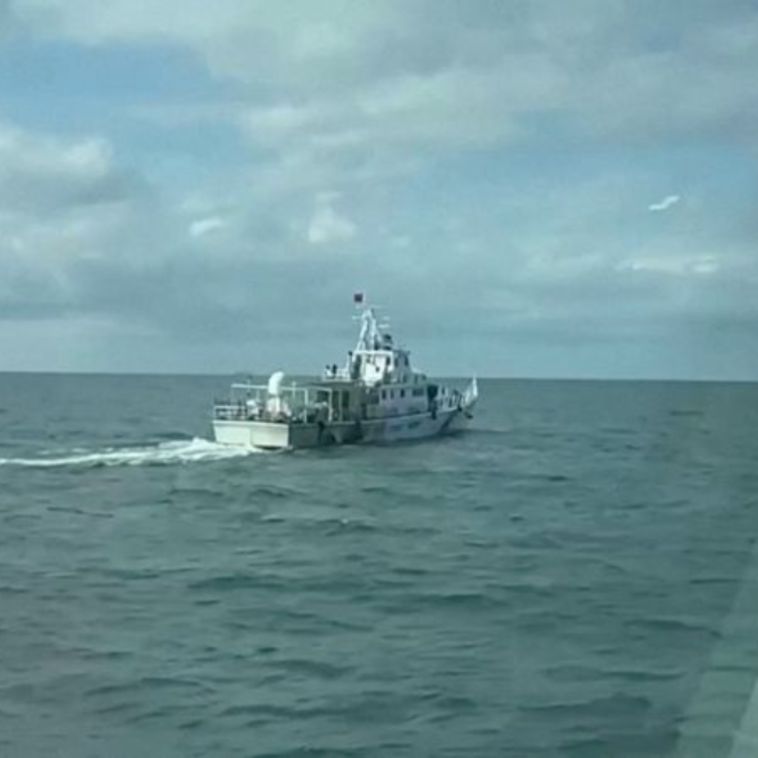After months of tense negotiations, Taiwan and China have reached an agreement regarding the deaths of two Chinese fishermen following a maritime chase by Taiwan’s coastguard. This incident, which occurred in February, had significantly strained relations between the two sides, exacerbating existing tensions in the sensitive Taiwan Strait. The settlement, which includes compensation and the repatriation of the victims’ bodies to China, is seen as a crucial step towards easing these tensions.
Incident Overview
On February 14, a Chinese fishing vessel trespassed into Taiwanese waters off Kinmen, Taiwan’s northernmost archipelago, which lies just 3km (1.9 miles) from the Chinese coast. The Taiwanese coastguard pursued the vessel, resulting in its capsizing. Out of the four people on board, two fishermen drowned while attempting to flee.
Negotiations and Agreement
Following the incident, Beijing condemned the actions of the Taiwanese coastguard as “malicious” and demanded a thorough investigation, along with compensation for the victims’ families. Taiwan, on the other hand, defended its coastguard’s actions, emphasizing the need to enforce its maritime boundaries due to increased poaching by Chinese fishermen.
After months of negotiations, both sides have finally reached a consensus. According to reports, the settlement includes compensation to the victims’ families, although the specific details remain undisclosed. Taiwan’s coastguard has expressed its inability to provide further details, citing respect for the victims’ families and the sensitive nature of the agreement.
Implications for Taiwan-China Relations
The agreement is expected to reduce tensions in the Taiwan Strait, a region that has seen increased militarization and frequent patrols by Chinese vessels following the incident. Beijing had initiated regular patrols around Taiwan’s Kinmen archipelago to “maintain operational order in sea areas and safeguard fishermen’s lives and property.”
Taiwan’s coast guard director, Chang Chung-lung, issued an apology to the victims’ families for the suffering they endured and acknowledged the lack of recorded evidence in the case. Both sides have pledged to actively implement the agreed-upon consensus as quickly as possible, with compensation being provided by private donors, as revealed by a spokesman for Taiwan’s Mainland Affairs Council.
Historical Context
Historically, Beijing and Taipei have been more flexible regarding each other’s fishing fleets, especially around Taiwan’s offshore islands. However, recent years have seen Taiwan enforcing its maritime boundaries more strictly, in response to what it perceives as a significant increase in poaching by Chinese fishermen from the coastal Fujian province.
The Kinmen incident is a reflection of these escalating maritime disputes, and the settlement reached marks a pivotal moment in addressing the broader issue of maritime enforcement and bilateral relations between Taiwan and China.
Future Prospects
While the settlement is a positive development, it does not necessarily signal a long-term resolution to the broader geopolitical tensions between Taiwan and China. The Taiwan Strait remains a flashpoint, with both sides continuing to assert their respective territorial claims. However, this agreement could serve as a foundation for future dialogue and cooperation in managing similar incidents and preventing further escalations.
The agreement between Taiwan and China over the deaths of the Chinese fishermen represents a significant step towards reducing tensions in the Taiwan Strait. The settlement, which involves compensation and the repatriation of the victims’ bodies, highlights the importance of dialogue and negotiation in resolving maritime disputes. Moving forward, it will be crucial for both sides to continue engaging in constructive dialogue to manage their differences and maintain stability in the region.





GIPHY App Key not set. Please check settings